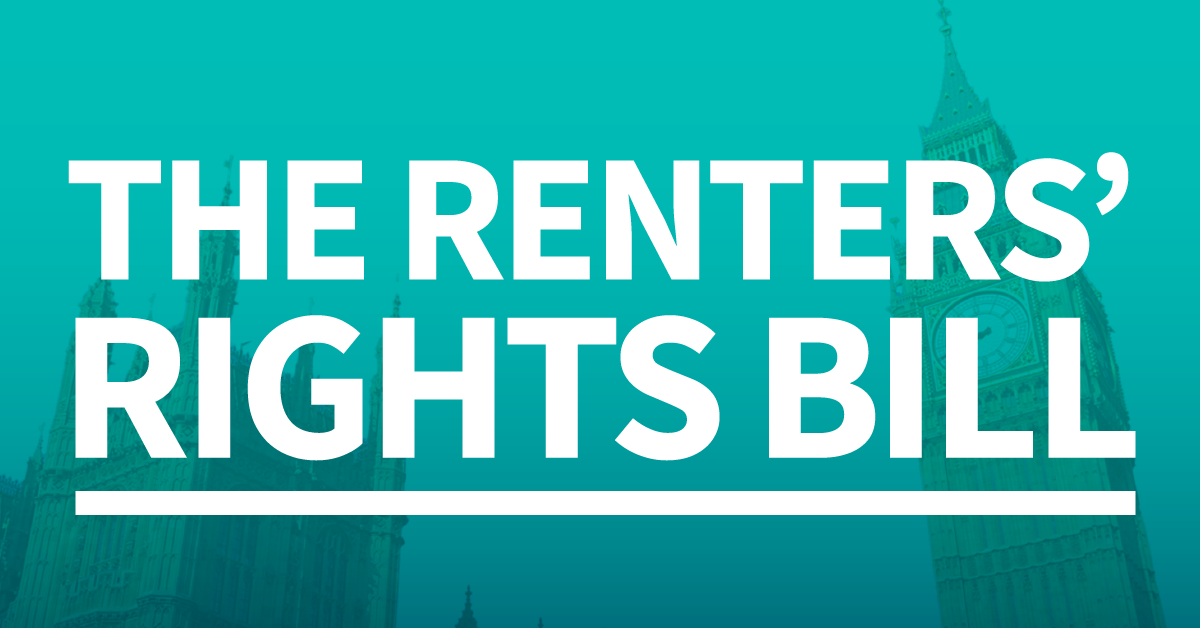

Renters' Rights: Landlords and tenants left in the dark on rollout
A minimum six-month lead-in period is vital to allow landlords to prepare for the Renters’ Rights Bill, the NRLA has warned.
We are arguing that without a clear timetable for change the sector risks being plunged into a period of confusion and chaos, with tenants set to be the ultimate losers.
Last night the Commons voted to reject all but one of the Lords’ amendments to the Bill when it returned to the House, with changes that would have extended the student possession ground and allowed landlords to take pet deposits, among those axed.
Despite our continued calls for clarity, the Government has remained tight-lipped on the planned rollout date, with Housing Minister Matthew Pennycook saying only that he is committed to ensuring a ‘smooth transition to the new system’ once the Bill receives Royal Assent.
While confirming the new rules regarding both new and existing tenancies will be introduced at the same time, the Minister has refused to be drawn on exactly when that will be, other than to say landlords and tenants will be given ‘sufficient notice’.
The Bill has now gone back to the House of Lords where peers must agree to the Commons’ changes before it can receive Royal Assent.
Vague and ambiguous
NRLA Chief Executive Ben Beadle branded the plans vague and ambiguous and said it is vital the sector is given more information as soon as possible. He said: “We welcome the Housing Minister’s commitment to ensure the rental market has sufficient notice ahead of the implementation of the Renters’ Rights Bill.
"However, this does not provide the clarity that renters and landlords desperately need to prepare for its arrival.
“With the Bill now close to receiving Royal Assent, the Government needs to make clear how long after this it expects to begin rolling out the widespread reforms. The sector cannot operate, and plan, based on vague and ambiguous statements.
“At least six months will be needed, after regulations are passed, to ensure a smooth transition to the new tenancy system. Anything less will be a recipe for confusion and chaos.”
What happened during the debate?
Almost all the amendments were rejected. One, which would have enabled landlords to charge a higher deposit of up to an extra three weeks’ rent when accepting a pet, was ruled out following arguments the introduction would be unfair to those on lower incomes who may not be able to afford the extra payment.
It was also confirmed that the student possession ground (Ground 4A) will remain restricted to HMOs only, with MPs voting by 401 to 96 against extending it to one and two-bed student homes.
Ben said the decision will be a huge blow to those landlords providing these smaller student properties that house a third of students in their second year and above across England and Wales.
He said: “Under current proposals, neither landlords nor students will have certainty that this type of housing will be available from one academic year to the next.
“The NRLA has proposed a reasonable compromise to protect the annual cycle of the vast majority student housing, whilst also safeguarding the rights of non-traditional students that ministers say they want to protect.
"Regrettably, this has been met with silence from the Government.
“Ultimately, it is students who will lose out – left unable to plan with any certainty where, and with whom, they will live at the start of each year of study.”
Positive news on the tribunal
One positive piece of news to come from the debate, was that the Government has now accepted our recommendations on changes that could prevent the First-tier Tribunal (FTT) becoming overwhelmed when the Bill comes into force, and tenants are able to challenge rent increases.
Matthew Pennycook said he recognises there is ‘inherent uncertainty about the volume of rent increase challenges that will be brought’ under the new regime, with a ‘compelling case for the use of an alternative body or mechanism to make initial rent determinations’.
He has now pledged to establish such a body as soon as possible.
What happens next?
The Bill will now return to the House of Lords for agreement before it can receive Royal Assent. In the meantime we will continue to press the Government for details of a fair and workable timetable for change.
More information
- The NRLA has produced a guide outlining ways in which you can prepare for the bill along with a newly updated list of frequently asked questions and new assured shorthold tenancy agreements.
- You can also join the thousands of landlords who have already taken our Renters' Rights training course to ensure you are ready for the changes up ahead, with two webinar to be held next Wednesday, one focussing on pets in rental properties and another offering a deep dive into the new legislation.

